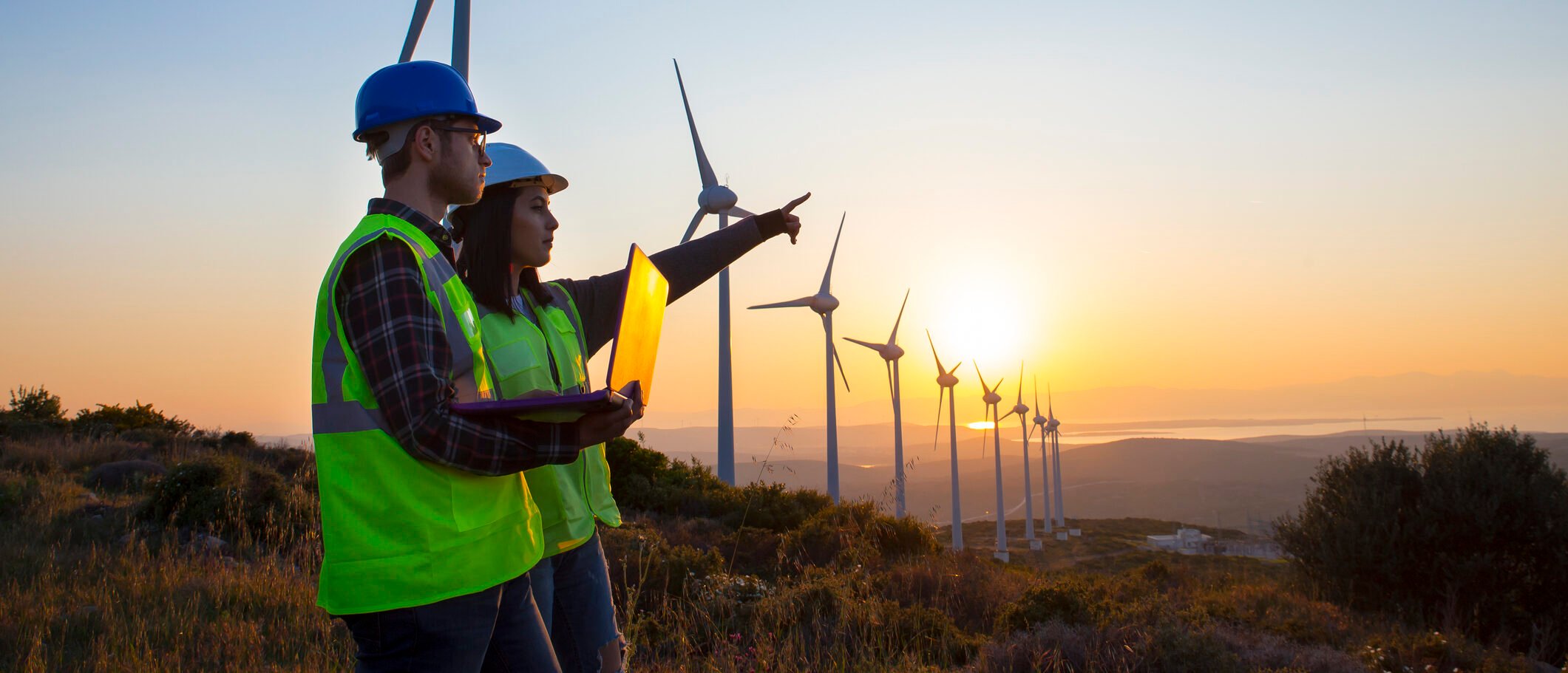Environmental, social and governance investing, often referred to by the acronym ESG, has exploded in popularity in recent years.
Canadian ESG funds held $34.5 billion in assets at the end of 2021, representing significant year-over-year growth, according to a report from Morningstar, an investment research and management services provider.
While a desire to support companies that align with your personal values is a valid reason to try ESG investing, asking a few important questions can help ensure that it’s the right strategy for you.
1. What is ESG investing?
Before you dive in, make sure you understand what ESG investing is — and isn’t.
At its core, ESG investing is a strategy that focuses on environmental, social and governance criteria. Companies are rated on how well they operate under these principles, and issued an ESG score potential investors can use to compare them.
Environmental criteria may include:
- Climate change policies.
- Recycling and waste disposal practices.
- Water use and conservation.
- Carbon emissions.
Social criteria may include:
- Labour policies.
- Employee diversity.
- Customer service performance.
- Sexual harassment policies.
Governance criteria may include:
- Diversity of management.
- Policies regarding ethical business practices.
- Executive compensation.
- Corruption or lobbying.
2. How are companies rated on ESG performance?
There is no standard evaluation system for rating companies when it comes to ESG. MSCI and Sustainalytics are two major independent ESG risk rating companies, and each uses different criteria to come up with their scores.
For example, Sustainalytics uses a scale of 0 to 100. The lower the number, the less exposure the company has to industry-specific ESG risks.
MSCI uses a scale of AAA to CCC. Companies with AAA or AA ratings are considered industry “leaders” with limited risks, A, BBB, and BBB companies are “average,” and those with CCC or B ratings are defined as “laggards.”
Since rating systems vary, you’ll want to make sure you understand what’s included before relying on a particular score to make an investment decision.
3. Is the company transparent about ESG practices?
Although many companies say they prioritize ESG practices, it can be difficult to verify that their claims are accurate.
Many large institutional investors in Canada have called on corporations to provide more detailed information on their ESG claims, such as by adopting the Sustainability Accounting Standards Board, or SASB, standards and the Task Force on Climate-Related Financial Disclosures, or TCFD, framework.
When a company discloses this information, investors can better see how it performs against ESG standards, compare it with other companies in the same industry and evaluate whether it has developed a credible plan to achieve its stated goals.
4. What ESG criteria are most important to me?
ESG rating systems can help you see which companies are performing better than others against the included criteria. However, you’ll need to consider your values to determine what’s most important to you as an investor.
Some people will avoid investing in companies that produce items such as tobacco, alcohol, and firearms, for example. Others might prefer to support a company with a higher ESG rating than its competitors in a given sector, like climate change policies, to potentially incentivize more companies to prioritize ESG reforms.
5. Should I be a DIY ESG investor or get help?
If you want to do your own research about the ESG policies of certain companies and funds, and are comfortable trading on your own, you may prefer to take a DIY approach when building your ESG investment portfolio. To do so, you’ll need a brokerage account, and time to conduct the necessary research.
If you prefer a hand’s off approach, you could choose to work with a human investment advisor or even a robo-advisor that will manage a portfolio based on your risk tolerance and preferences. Robo-advisors that offer ESG investments in Canada include Wealthsimple, CI Direct Investing and Questwealth.
6. ESG stocks, mutual funds or ETFs?
The right ESG assets for you will depend on how much control you’d like to have over the process, the returns you expect and your risk tolerance.
One option is to purchase individual stocks, which may provide dividends and accelerated growth opportunities. You can review a company’s policies in detail and determine if its values and performance align with your priorities. Investing in stocks typically carries more risk than funds, however, and there may be trading fees to consider. To hedge against risk, you’ll want to do a fair amount of homework on past performance as well as predictions for growth.
To avoid having to research and choose individual ESG stocks, you may invest in ESG-focused exchange traded funds, or ETFs, instead. These funds offer access to dozens or even hundreds of ESG companies. Although you won’t choose each individual company, buying shares of an ESG ETF can help you invest according to your values more efficiently. Be aware that some ETFs charge management fees, sometimes called expense ratios.
Similarly, ESG mutual funds can also be a good option for investors who prefer to invest via a financial advisor or robo-advisor. The advisor can recommend and select funds based on your budget and financial goals. However, it’s important to consider the expense ratios and possible account minimums imposed by mutual funds.
7. Will ESG investing affect my portfolio’s performance?
There’s no easy answer to this question, as investment performance is never guaranteed. While some people might worry that companies with good ESG practices may not perform as well financially, research shows this isn’t the case.
A 2019 report published by Royal Bank of Canada’s asset management division examined the findings of over 35 empirical studies on socially-responsible portfolio performance. The conclusion? “Socially responsible investing does not result in lower investment returns.”
Likewise, research published in 2020 by Morningstar concluded that holding ESG funds does not affect risk. In other words, ESG investing doesn’t typically mean opening your portfolio up to more risk than you might have with non-ESG traditional stocks or funds.
DIVE EVEN DEEPER

How to Start Investing: 6 Steps for Beginners
Start investing in Canada by reviewing your finances, exploring your account options and learning how to compare brokerages.

Should You Stash Cash in an RRSP or TFSA?
Both RRSPs and TFSAs have tax advantages. To decide where to stash your savings, consider your income, tax bracket and existing savings.

Quick Answers to 10 Common Tax Questions
Have you ever wondered what inheritance tax is? Or whether your moving expenses are tax deductible? Get answers to those and other common tax questions.

6 Money Management Skills to Master ASAP
Budgeting, credit score maintenance and saving toward long-term goals are money management skills that can improve your financial confidence.

